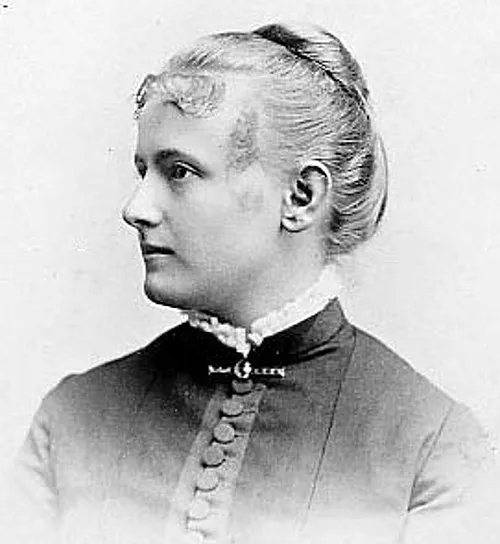
Vida Dutton Scudder: A Pioneering Voice in the Episcopal Church
Vida Dutton Scudder (1861-1954) stands as an iconic figure within the Episcopal Church, known for her unwavering commitment to social reform and her role as a prominent educator and author. Her contributions spanned several fields, including theology, women's rights, and social justice, marking her as a trailblazer in the early 20th century.
Early Life and Education
Born in 1861 in a well-to-do family in Massachusetts, Scudder was deeply influenced by her family's strong New England roots and social conscience. She graduated from Wellesley College in 1884, where she developed a keen interest in the intersections of faith and social responsibility. Her academic pursuits also included studying at the Episcopal Divinity School in Cambridge, Massachusetts, laying the groundwork for her future contributions to the church.
Religious and Social Impact
Scudder's journey into activism was multifaceted. An early proponent of the Suffragist Movement, she utilized her platform to advocate for women's rights and social equality. In her writing, she emphasized the necessity of integrating Christian ethics with social praxis, urging the church to take an active role in addressing social injustices.
As a member of the Episcopal Church, Scudder stressed the importance of community service, believing that the church should not only be a place of worship but also a hub for social change. Her activism reached its zenith in her involvement with the Episcopal Church Women, where she worked tirelessly to promote women's roles within the church and the broader community.
Writing and Advocacy
Scudder was also a prolific writer, penning various articles and books, many of which focused on the relationship between faith and social action. Her notable works include "The Life of the Spirit" and "Social Duty", which often highlighted the pressing social issues of her time, such as poverty, education, and labor rights.
Through her writing, Scudder sought to inspire and challenge her readers, urging them to align their spiritual beliefs with concrete actions. She became a significant voice in the church, encouraging clergy and laypeople alike to engage in social activism.
Legacy and Recognition
Scudder's legacy continues to resonate within the Episcopal Church and beyond. Her commitment to social justice laid a critical framework for later movements within the church that addressed issues of racial and economic inequality. She was among the first to challenge traditional views on gender roles, paving the way for future generations of women within the Episcopal community.
In 1940, she was honored by Wellesley College as a Distinguished Alumna for her significant contributions to social justice and education. Today, her work is remembered and celebrated by numerous organizations and institutions committed to similar causes, ensuring that her vision for a socially conscious church endures.






